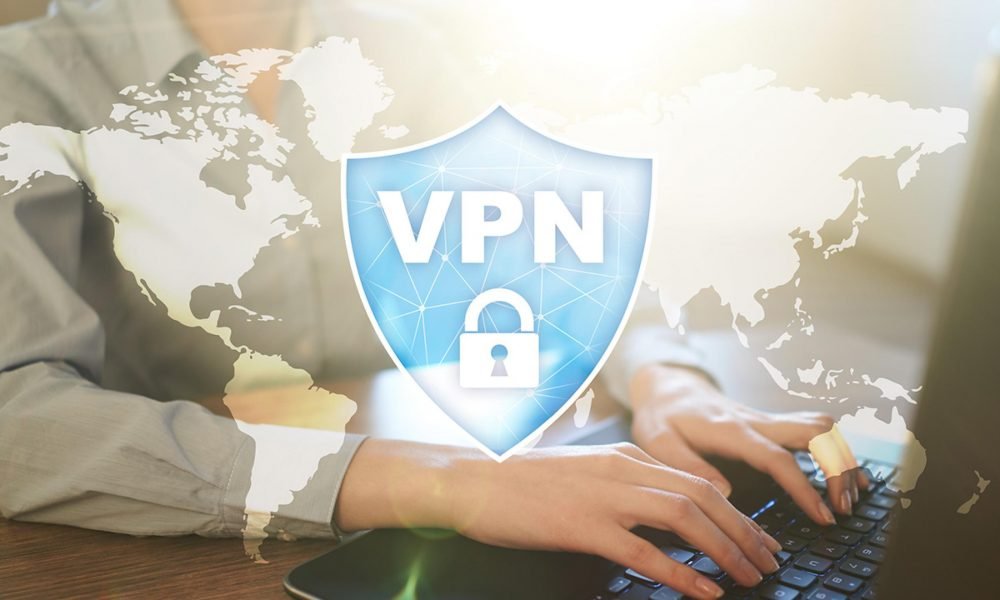The simplest approach to determine whether your VPN is functioning properly is to record your IP address before linking to a VPN and afterward check it again shortly after the VPN link is created. If both IP addresses have differences, your VPN is operational. If the two IP addresses are the same, your VPN is not functioning properly.
Why might your VPN not work?
When your VPN is functioning properly, it shields your private data from everyone online. However, some VPNs are not as safe as others, and some will accidentally leak data that might be used to track you or where you are. If you want to use a VPN to access blocked internet pages, these vulnerabilities will stop you from doing so. It’s particularly important to keep an eye out for vulnerabilities if you’re creating your own VPN, as you cannot depend on a VPN company’s protection. Also check: VPN proxy detection solution
1. DNS Test
The DNS is similar to a telephone directory for the web. Every web page has an IP address, but it’s impossible to memorize a distinct set of digits for each one you access. The DNS resolves a website’s IP address to the URL. When you don’t use a VPN, your local internet service provider manages your DNS demands, and websites you browse can see where they came from. A reliable VPN will do DNS queries for you, but not every one of them does so.
2. WebRTC Test
WebRTC is an unrestricted, open-source software that allows applications and websites to provide audio and video conversations in real-time conversations, live broadcasting, and sharing of files without requiring third-party applications such as plugins or extensions. A WebRTC leak occurs when the internet browser exposes your real IP address while sending WebRTC queries while being linked to a VPN. A solid VPN will protect against WebRTC leaks, however, not all VPNs do.
3. Testing the speed of your VPN connection
When checking your VPN, you should be worried about more than just IP address breaches. You don’t want to use a VPN that slows down your connection to the internet, regardless of how safe it is. A variety of things can influence your VPN speed, and not every one of them is related to the VPN directly.
- Your broadband connection: Your VPN cannot be quicker than your web connection. The best it will be able to accomplish is to match its speed.
- Distance between yourself and the VPN server: Generally, the nearer you are to the VPN server, the quicker the connection. However, VPN speed can vary depending on other factors.
- The number of users on the same server: If the nearest server to you manages a high volume of continuous connections, switching to a server further away may provide greater speed.
- Regional Internet regulations: If you reside in an area where the internet is restricted or limited, your connection speed might drop. The same may occur if you share your internet access with others.

